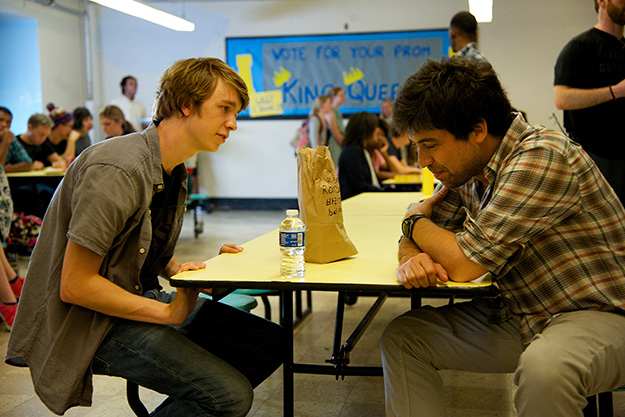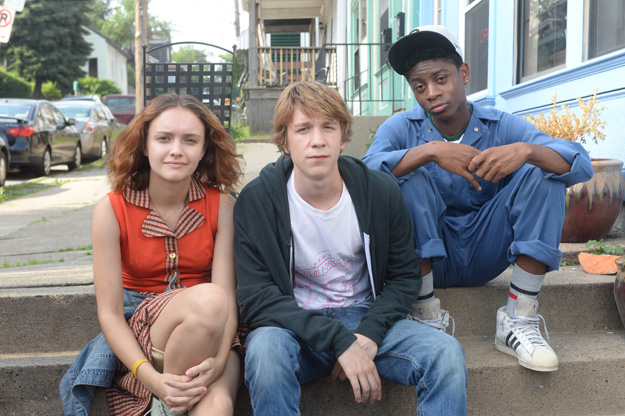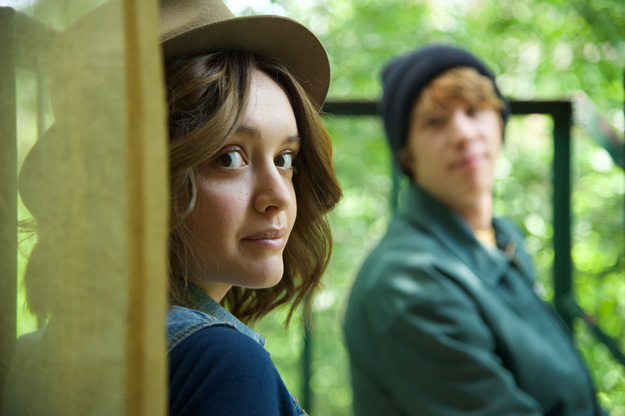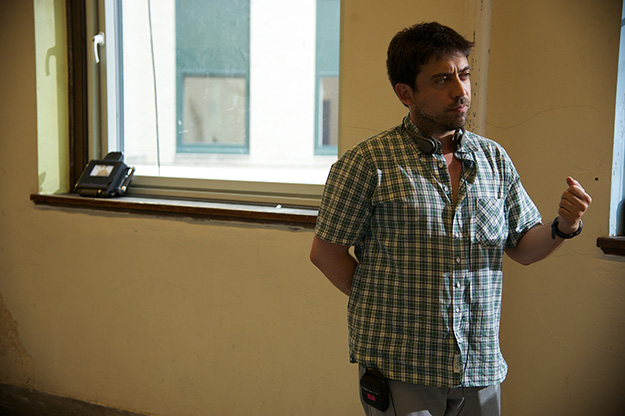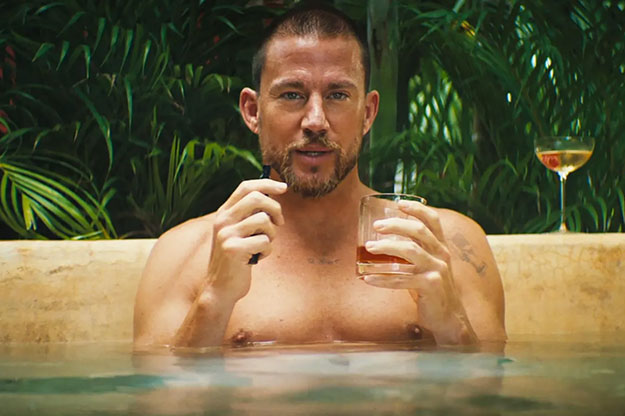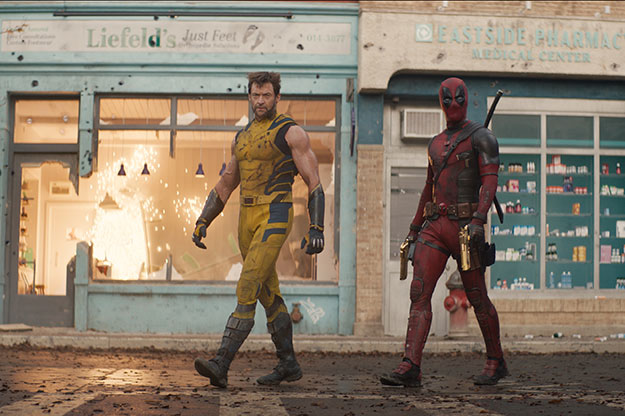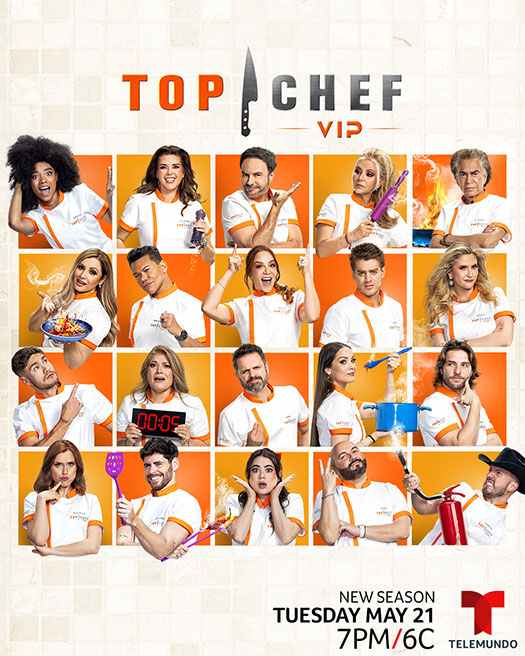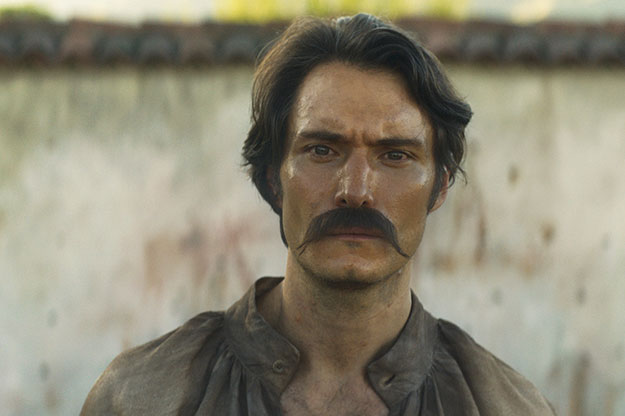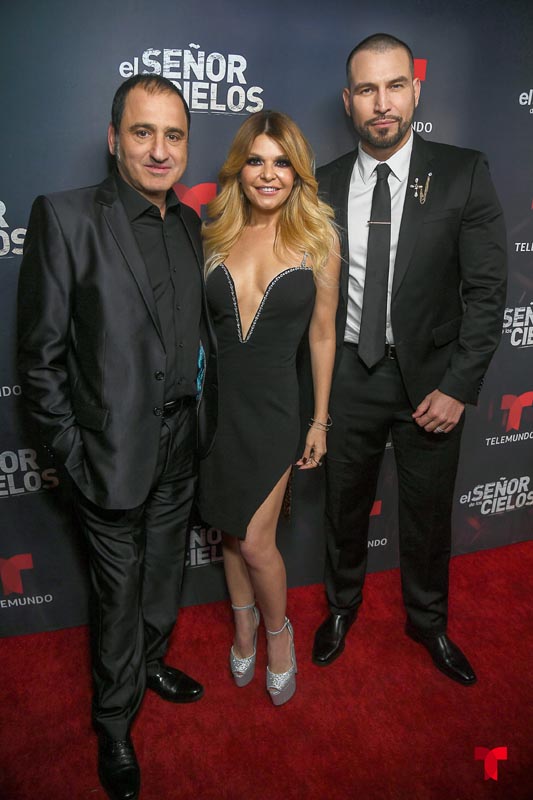Director Alfonso Gomez-Rejon Talks “Me and Earl and the Dying Girl”
Audiences have a tendency to categorize films into a specific genre but once in a blue moon we encounter a movie that repels the labels. That is the case with Me and Earl and the Dying Girl. What could be a typical coming of age story, becomes a clever dark comedy and by the end is not dark, but just a very compelling drama.
Winner of the Grand Jury Prize and the Audience Award at the 2015 Sundance Film Festival, Me and Earl and the Dying Girl is the moving story of Greg (Thomas Mann), a high school senior who is trying to blend in anonymously, avoiding deeper relationships as a survival strategy for navigating the the social minefield that is teenage life. He even describes his constant companion Earl (RJ Cyler), with whom he makes short film parodies of classic movies, as more of a 'co-worker' than a best friend. But when Greg's mom (Connie Britton) insists he spend time with Rachel (Olivia Cooke), a girl in his class who has just been diagnosed with cancer, he slowly discovers how worthwhile the true bonds of friendship can be.
Texas born director Alfonso Gomez-Rejon knew he had something special in his hands when he read the script. He was not a rookie in the industry. He received two Emmy nominations for his work as director and co-executive producer on 'American Horror Story' for the show's third season. He began his career as a personal assistant to the most recognized directors in Hollywood. Then he went on to direct the second unit for Nora Ephron's 'Julie and Julia', Alejandro González Iñárritu's 'Babel' and Ben Affleck's 'Argo'.
Me and Earl and the Dying Girl was his opportunity to be the captain of what has become a critically acclaimed film. Entertainment Affair sat down with director Alfonso Gomez-Rejon to talk about this film.
Entertainment Affair: Why did you choose this story? Were you a fan of the novel?
Alfonso Gomez-Rejon: I didn't know the novel even existed. I read the script and I loved it.
EA: Jesse Andrews was the author of the novel, but he didn't have any experience with screenwriting. Were you comfortable with his script? Did you have any doubts?
AG-R: I wasn't a part of the writing process. When I got the script, it was perfect.
EA: Do you see yourself in Greg?
AG-R: I understood his demons in high school. Being an artist makes him an outsider. Trying to fit with everyone and not fitting at the same time. And then in the second part of the movie, when he is dealing with the process of possibly losing someone close to him, it's an abstraction that you can't put into words. I was also obsessed with films. I knew I was going to be a director at 12 years old. It became an obsession. When I got to NYU, I was very intimidated because of where I am from. A lot of students were type A, but then when their films sucked and mine didn't I became more confident.
EA: It is very difficult to categorize this film into a specific genre. Is it a sad comedy? A funny drama?
AG-R: It is life-like. I hope that comedy and drama merge in a real way. That's what I liked about the script. It could've been interpreted in many ways, but I wanted to be real.
EA: How was the casting process like?
AG-R: We cast Olivia Cooke first. She was beautiful and very natural. Then we cast Thomas Mann, and he was amazing. My only concern was the relationship between these two characters. It is not romantic, it is a friendship. We put them together and it worked. The last actor we cast was RJ Cyler. We cast him two weeks before going into production. He sent a tape, he didn't have a lot of acting experience, but he was Earl.
EA: The animation and Greg's home made movies is a very big part of the movie. Did you shoot it like the character, the old-fashion way?
AG-R: We used iphones, 8mm, stop motion, anything accesible to a high school teenager. All of them had to look like something Greg and Earl could have made within their budgetary and technical limitations.
EA: You dedicate this film to your dad. How influential was he in your film career?
AG-R: Very. My father passed away unexpectedly. I threw myself into this movie because I didn't want to think about it. But now, everyone asks me about him. This film is part of my grieving process. This was something that I used to express my feelings. Talking about him keeps him alive.
EA: You've worked with Alejandro González Iñárritu, who won the Academy Award for Best Director, the year before Alfonso Cuarón also won the same award. How do you think their accomplishments affect Latin directors?
AG-R: Very much so. I think they inspire Latin directors, the way they inspire directors from different countries because it is a great work. They have very specific visions, beautifully realized, confident work that is universal. It inspires any filmmaker. The way Scorsese inspired me, not because he was italian, but because his work was very personal that spoke to me. Personal work reaches more people in a universal way.
EA: What did you learn from him?
AG-R: Everyone on the set is as important as the director. His work ethic is very impressive. You have to be appreciative of everyone's job because that production assistant arrives to the set two hours before you and probably will leave three hours after you and doesn't make that much money. That was also the lesson I learned from Scorsese.
Me and Earl and the Dying Girl opens in theaters on June 12, 2015.

